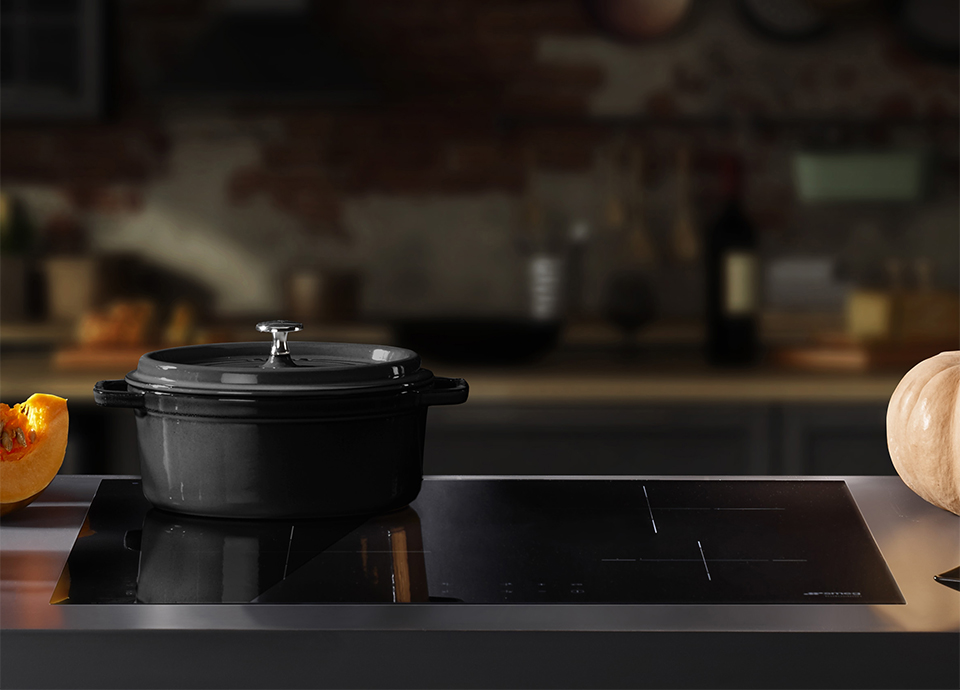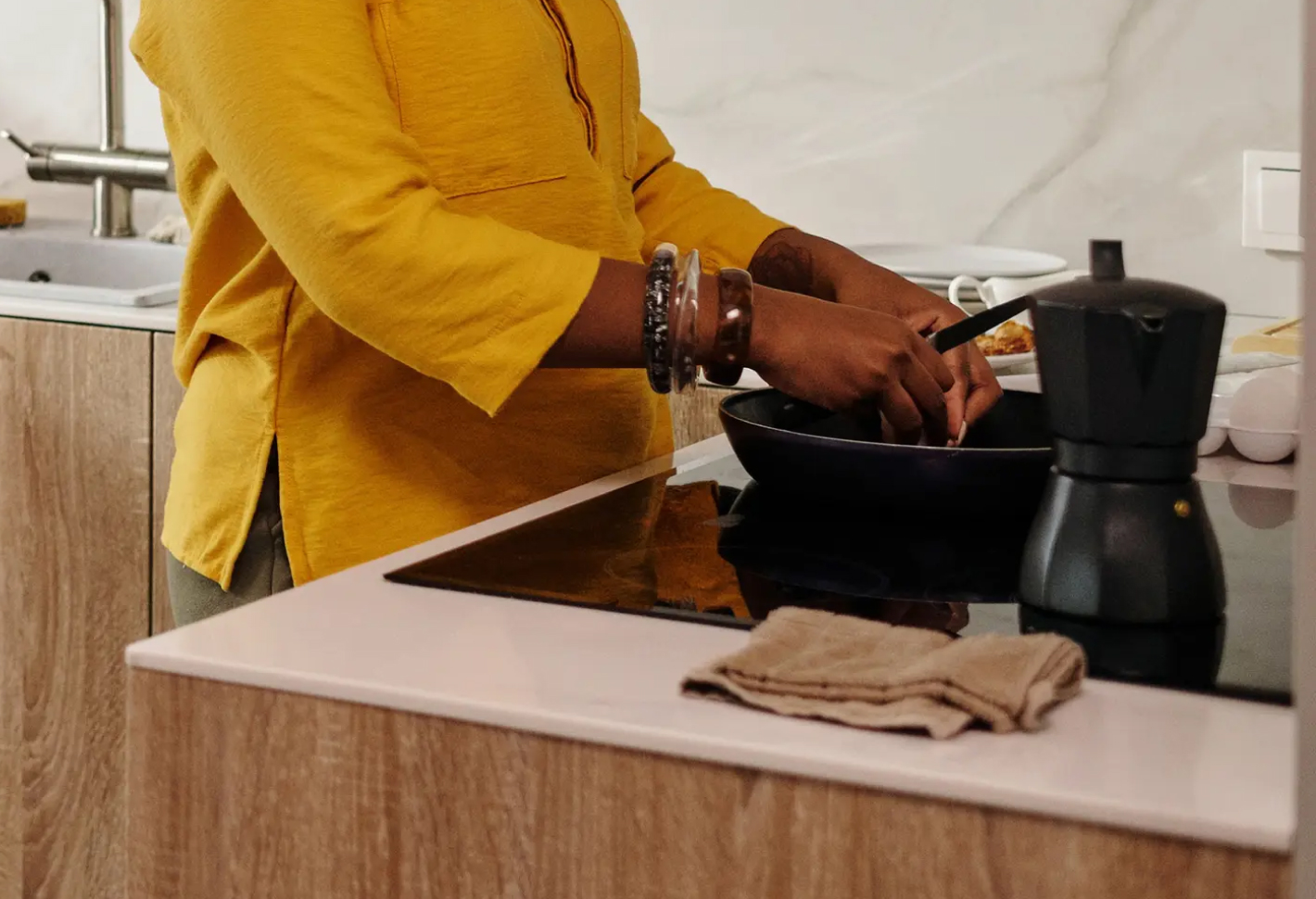How to Effectively Safeguard Your Glass Cooktop from Cast Iron Damage
Written By James Morgan
As a barbecue lover, you appreciate the unique qualities of cast iron cookware. Its excellent heat distribution and capacity to retain high temperatures make it ideal for grilling and searing. However, if you have a glass cooktop, you might face a challenge. How can you continue using your cherished cast iron pans without risking harm to your fragile glass surface? In this article, well discuss effective ways to protect your glass cooktop from cast iron while still enjoying the advantages of your preferred cookware.

The Dangers of Using Cast Iron on Glass Cooktops
Before we delve into protective measures, its crucial to grasp the potential risks of utilizing cast iron on glass cooktops. The weight and coarse texture of cast iron can scratch or even crack the glass surface. Moreover, abrupt temperature changes can cause thermal shock, resulting in cracks.
Recognizing the Need for Cooktop Protection
Your glass cooktop represents a significant investment, and protecting it is essential for its longevity and optimal functionality. A damaged cooktop might lead to expensive repairs or replacements, impacting both your culinary experience and finances. By implementing proactive measures, you can enjoy the performance of cast iron without compromising the beauty of a flawless glass cooktop.
Effective Methods for Protecting Your Glass Cooktop
1. Use Protective Cooktop Pads
A straightforward method to shield your glass cooktop is by using protective pads. These pads create a cushion between the cast iron and the glass, minimizing the risk of scratches. Make sure the pads are heat-resistant and designed specifically for glass cooktops.
2. Select the Right Cookware
Choose cast iron cookware with a smooth bottom. Pans with rough surfaces can scratch the glass, so opting for smooth-bottomed options is wise. Regularly check your cookware for any chips or imperfections that could harm the cooktop.
3. Lift, Dont Slide
Always lift your cast iron cookware when moving it on the glass cooktop rather than sliding it. Sliding increases the risk of scratches and can lead to cracks, particularly if the cookware is heavy or unevenly balanced.
4. Keep Your Cooktop Clean
A clean cooktop is less prone to damage. After each use, be sure to clean both the cooktop and the bottom of your cookware. Any residue or debris can cause scratches when the cookware is moved.
Adjusting Cooking Techniques for Glass Cooktops
Temperature Management
Glass cooktops are sensitive to sudden changes in temperature. When cooking with cast iron, begin with a low heat setting, gradually increasing the temperature. This method helps prevent thermal shock and lowers the chance of cracking.
Even Heat Distribution
Ensure that heat is evenly distributed across the cast iron surface. Use cookware that matches the size of the burner to prevent uneven heating, which can stress your glass cooktop.
Extra Tips for Barbecue Enthusiasts
Using Cast Iron on Induction Cooktops
If you have an induction cooktop, youre in luck! Cast iron works wonderfully with induction technology. For more insights, check out this expert guide on using cast iron with induction cooktops.
Routine Maintenance and Checks
Regularly examine your glass cooktop for scratches or imperfections. Address any issues swiftly to avoid further damage. Additionally, ensure your cast iron cookware is well-maintained to prevent harm to the cooktop.
Try Out New Recipes
As a barbecue enthusiast, youre likely eager to explore new recipes. Dont hesitate to experiment with various cooking techniques and recipes that are compatible with your glass cooktop. Also, consider looking at how to avoid scratches when using cast iron.
Conclusion
By employing the right strategies, you can relish the advantages of cast iron cookware without compromising your glass cooktop. From using protective pads to adjusting your cooking methods, these tips will help keep your cooktop in pristine condition while you indulge in delicious barbecue creations. For more guidance on protecting your cooktop, visit HowStuffWorks.

FAQ
1. Is it safe to use cast iron on a glass cooktop without a protective pad?
While it is possible, using a protective pad is highly advisable to avoid scratches and damage.
2. How frequently should I clean my glass cooktop?
It's best to clean your glass cooktop after every use to prevent the buildup of residue and avoid potential scratches.
3. What should I do if I find scratches on my cooktop?
If you see scratches, take care of them promptly to prevent further damage. You may want to seek advice from a professional for repair options.



